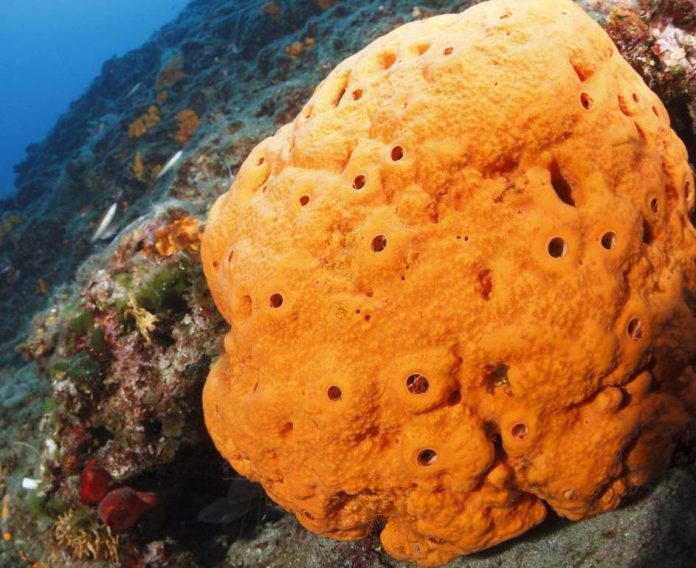It’s one of biology’s most-heated debates – what are the origins of animals?
Now, researchers have waded into the debate with a new study, suggesting that the humble sponge may be our earliest ancestor.
Comb jellies are a phylum of marine invertebrates known best for their cilia, which look like combs, that they use to swim. They are rather more complex than sponges, meaning that the new finding has implications for what the common ancestor of all animals might have looked like.
“Sponges are simple – humble, in a sense – creatures that live at the bottom of the sea; they are filter-feeders, they don’t do much,” Professor Davide Pisani, co-author from the University of Bristol in the UK, told The Guardian. “The comb jelly is a very different creature. They are extremely pretty and rather complicated.”
If the comb jellies had been the first to break away from our common ancestor, it would suggest that the common ancestor of all living animals was fairly complex, having features of the comb jelly like a gut and a nervous system. Or, it would mean that these features evolved multiple times in different animals, and were lost in creatures like sponges. Hence, the sponges coming first makes rather more sense.
“If the sponges are the sister group of everything else… then we can assume a much simpler scenario,” said Pisani. “Then the assumption is we evolved from a filter-feeder organism.”
“I think part of why people love this debate so much is the comb jellies are beautiful and the sponges are somewhat ugly. The sponge is the underdog in a sense,” he added. “So it is quite nice to know that we have really humble beginnings, rather than this glamorous start.”
Collaborating with an international team, Pisani used cutting-edge statistics to analyze the evolutionary models generally used to describe the genomic datasets related to early animal evolution. Publishing in Current Biology, they found that the models best at describing this data support the sponge hypothesis. Meanwhile, the poorest models favor comb jellies.
This research tackles the “flip-flop” issue of the sponge vs. comb jelly debate – the fact that genetic analyses of the two groups appear to change favor over and over again.
“Our results rationalize this effect and illustrate how you can draw robust conclusions from flip-flopping datasets,” said Dr Martin Dohrmann from Ludwig-Maximilians-Universität in Germany.
So, is the debate settled? “From my perspective, yes, this is the last word,” said Pisani. Nevertheless, other scientists are a little more skeptical, with one suggesting to The Guardian that the “jury is still out”.















